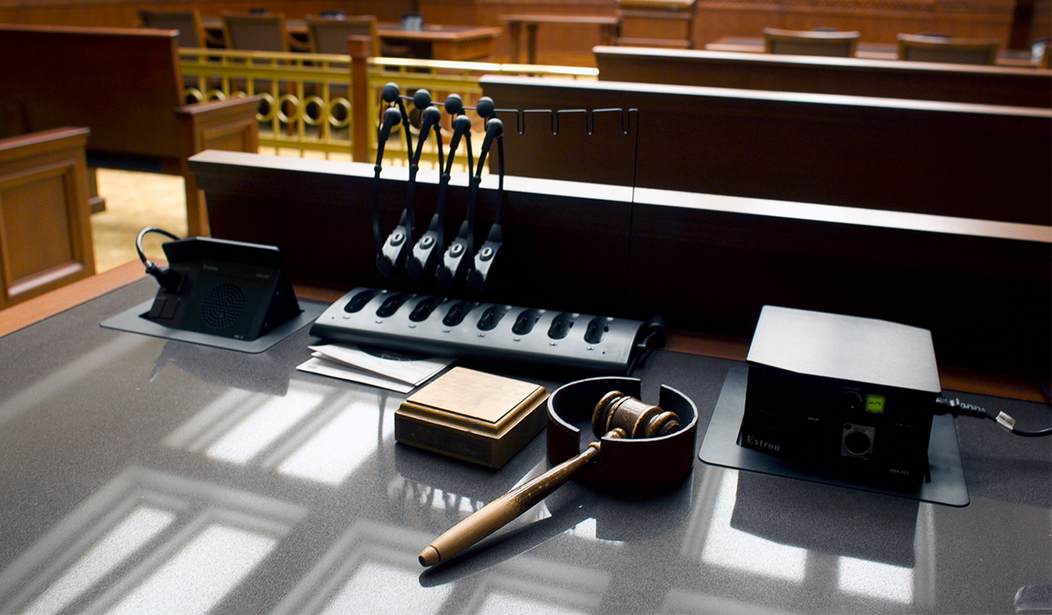MADISON — In a stunning defeat to Dane County’s overreaching health director, the Wisconsin Supreme Court on Thursday agreed to hear three lawsuits against Public Health Madison & Dane County and issued a preliminary injunction against the agency’s order barring in-person education.
The decision is a huge victory for Dane County’s private schools, forced to switch to an all-virtual learning model last month after the health department issued the 11th-hour order under the guise of COVID-19 concerns.
“It’s light in the darkness,” said attorney Joe Voiland. “I have been fighting these orders since May, and we finally have light in the darkness.”
Voiland, of Cedarburg-based Veterans Liberty Law, represents Sara Lindsey James, a single mother of two elementary students.
The order consolidates three petitions asking the court to take original jurisdiction, meaning the plaintiffs won’t have to seek rulings in lower courts first. And the Supreme Court’s briefing schedule keeps the preliminary injunction in place for the next couple of months before justices hear oral arguments.
There are strong signs that the health department will ultimately lose in its defense of the health order, which requires pre-K-12 students in 3rd grade and up to learn remotely for at least the first quarter of the school year. The decision by the conservative-led majority states the petitioners are “likely to succeed on the merits of their claim.”
“While reserving the remaining claims for later disposition, we conclude that local health officers do not appear to have statutory authority to do what the Order commands,” the court ruled.
Recommended
“We are pleased the Court took swift action and agreed to review Dane County’s school closure order,” Rick Esenberg, president and general counsel for the Wisconsin Institute for Law & Liberty (WILL), said in a statement. “We are heartened that the Court concluded that our argument is likely to succeed on the merits and, for now, barred the closing of private schools. Our clients will be able to do what they do – educating children in Dane County.”
WILL filed an original action on August 26, on behalf of eight Dane County families, five private schools, School Choice Wisconsin Action, and the Wisconsin Council of Religious and Independent Schools (WCRIS).
“All of WILL’s private school clients were planning on providing in-person instruction this fall and had invested significant resources into creating a safe environment for their students to return,” the Milwaukee-based civil rights law firm stated.
Dane County Executive Joe Parisi issued a statement warning of dire consequences.
“Public Health’s order prioritized the safety and well-being of kids, parents, teachers, and the communities they call home,” Parisi said. “Tonight’s order will jeopardize those goals and may lead to more illness and needless human suffering.”
St. Ambrose Academy in Madison also is suing Public Health Madison & Dane County Director Janel Heinrich and the agency. The grades 6-12 Catholic school raised more than $100,000 to fight the order, and has enlisted the help of a top constitutional attorney, Misha Tseytin, former solicitor general for the Wisconsin Department of Justice, to lead the legal challenge.
The Supreme Court’s order notes that state law gives specific powers to the state Department of Health Services, including the authority to “close schools and forbid public gatherings in schools, churches and other places to control outbreaks and epidemics.” The powers entrusted to local health officers, however, are different.
“…(T)he legislature conspicuously omits the power to ‘close schools’ in its grant of authority to local health officers,” the majority wrote. The explicit power to “close schools” is statutorily absent.
Heinrich argues she is not closing schools, just preventing in-person instruction. But, as the court notes, this statute was drafted in 1923, so the most reasonable reading of what it means to “close schools” would seem to be to preventing in-person instruction, not just preventing learning generally.
Not surprisingly, the court’s three liberal justices dissented, standing with big government. Justice Rebecca Dallet argues the interference “with a local health officer’s ability to make difficult, health-based decisions pursuant to her statutory authority.” She decried the majority’s decision to take the cases and not allow a local circuit court judge to resolve a local dispute.”
Justice Rebecca G. Bradley begged to differ, writing that the “court removed nothing from any circuit court but instead exercises its constitutional authority to decide a case presenting significant issues of statewide importance.”
“This is exactly the type of case the people of Wisconsin elected us to decide,” Bradley wrote. “Declining to hear the case would amount to an abdication of the court’s institutional responsibilities constitutionally conferred on the state’s highest court.”
Voiland agreed the case has broader implications beyond the boundaries of Dane County.
“This is not simply about reopening schools in Madison. The case will be about what authority, if any, these health officers have,” the attorney said. “This is about making sure government power is in check.”

























Join the conversation as a VIP Member